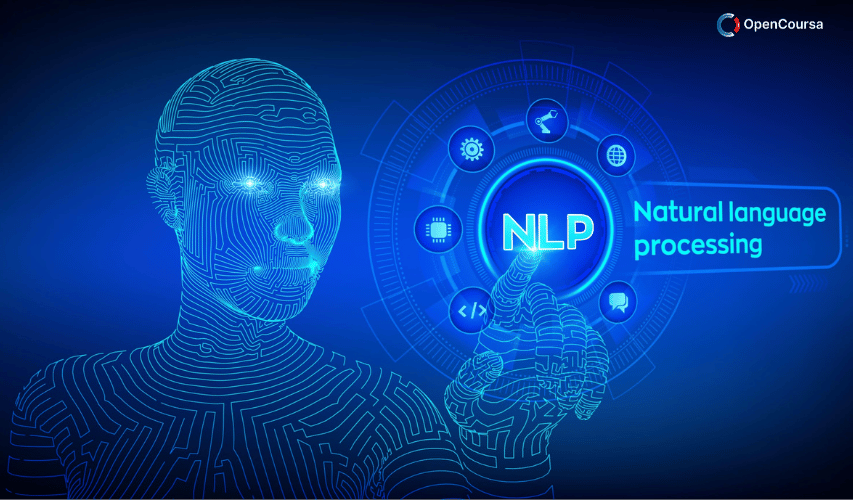Home » Course Layouts » Free Course Layout Udemy
Principles and Parameters in Natural Language. Instructor: Prof. Rajesh Kumar, Department of Humanities and Social Sciences, IIT Madras. This course offers a view of human language as a rule governed system.
0
English
English [CC]
- Learn basic syntax that can apply to any language.
- Learn what is a programming language and the basic concepts for beginners.
- Understand what is Javascript in it's truest form.
- Know the basic syntax of Javascript.
- Know some hidden quirks in Javascript.
Description
It will show how language is learnt and how human mind stores structure of language. This course will introduce components of linguistics theory in generative framework. Some broad topics that will be covered in this course include: Introduction to language and linguistics as a scientific domain of systematic investigation into language at the levels of sounds, words, and sentences. Nature of learning language from generative perspective; Biological Foundation of Language; Generative Foundation of Language Acquisition; Language Acquisition Device; Universal Grammar; Structure of Language around Sounds, Words, and Sentences; Constraints on Word Formation; Introduction to phonotactic constraints on word formation; Order of Words in Sentence (Subject-Object-Verb); X-bar Theory (Specifiers vs. Complements, Arguments vs. Adjuncts); Theta-Theory; Theta Role Assignment; Case Theory (Abstract, Inherent, and Morphological Case, Exceptional Case Marking, Nominative-Accusative vs. Ergative-Absolutive patterns); Raising Movement (A-Movement); Movement in Passives; A-bar-Movement (Wh-Movement, Constraints on A-bar Movements; Binding Theory (Conditions A, B, and C, Role of Structural Relationships such as C-command, Locality, Binding Domains). (from nptel.ac.in)
Course content
- Lecture 01 – Introduction Unlimited
- Lecture 02 – What is Linguistics? What is Language? Unlimited
- Lecture 03 – Language and Arbitrariness, Language and Dialect Unlimited
- Lecture 04 – E vs I Language, Language as a Rule Governed System Unlimited
- Lecture 05 – Language Faculty, Language in Human Mind Unlimited
- Lecture 06 – How do We Learn Language? Unlimited
- Lecture 07 – Language Acquisition Unlimited
- Lecture 08 – Innateness: Some Essential Concepts Unlimited
- Lecture 09 – Structure of Language at the Level of Sounds Unlimited
- Lecture 10 – Sounds (Vocal Apparatus) Unlimited
- Lecture 11 – Places and Manners of Articulation Unlimited
- Lecture 12 – Word Formation/Phonotactic Rules Unlimited
- Lecture 13 – Rules of Word Formation (Singular-Plural) Unlimited
- Lecture 14 – Sentence: An Introduction Unlimited
- Lecture 15 – Making of a Sentence (Components) Unlimited
- Lecture 16 – Grammaticality and Acceptability Unlimited
- Lecture 17 – Subject and Verb in a Sentence Unlimited
- Lecture 18 – Sentence: Objects and Verbs Unlimited
- Lecture 19 – Phrase Structure Unlimited
- Lecture 20 – X-bar Theory Unlimited
- Lecture 21 – Specifier and Complement Unlimited
- Lecture 22 – Complements and Adjuncts Unlimited
- Lecture 23 – VP Complements Unlimited
- Lecture 24 – Categorial Selections, Selectional Restrictions on Verbs Unlimited
- Lecture 25 – Thematic Relations Unlimited
- Lecture 26 – Case Theory Unlimited
- Lecture 27 – Morphological and Abstract Case Unlimited
- Lecture 28 – Structural Case Unlimited
- Lecture 29 – Exceptional Case Marking Unlimited
- Lecture 30 – Movement Unlimited
- Lecture 31 – Motivations for Movement Unlimited
- Lecture 32 – Questions and Movement Unlimited
- Lecture 32b – Generative Grammar (Guest Lecture by B. N. Patnaik) Unlimited
- Lecture 33 – Passives and NP Movement Unlimited
- Lecture 34 – NP Movement and Raising Unlimited
- Lecture 35 – Binding Theory and NP Interpretations Unlimited
- Lecture 36 – Principles of Binding Theory Unlimited
- Lecture 37 – Constraints on Movements Unlimited
- Lecture 38 – Structure of Language and Negation Unlimited
- Lecture 39 – Negation and Negative Polarity Items Unlimited
- Lecture 40 – Structure, Language, Cognition and Pragmatics Unlimited
N.A
- 5 stars0
- 4 stars0
- 3 stars0
- 2 stars0
- 1 stars0
No Reviews found for this course.










